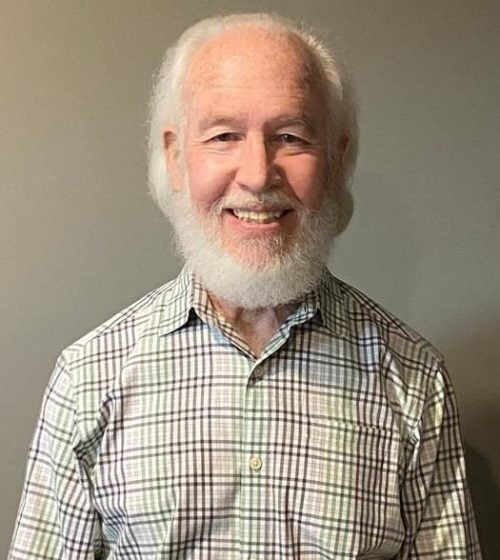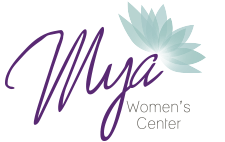COVID-19 has left many in a state of confusion and worry. When dealing with a pregnancy in the middle of this pandemic, a lot of questions can arise. A mother’s first concern becomes the health of her pregnancy or newborn. While we wish to provide answers to all of your questions, it’s unfortunately too soon to say anything definitively. The CDC simply hasn’t had enough time to collect the needed data to make conclusions. As a nation and community, all we can do is remain calm and vigilant. We can monitor our health, practice social distancing, stay home, and limit our travels. When we find ourselves having to run an errand, we can practice cleanliness.
It’s important to stay calm in the midst of the COVID-19 pandemic. When looking into new reports covering this new coronavirus, check the source and compare the information to updates from the CDC and the WHO. If you are unsure about an article or something you have heard, you can call your OB-GYN to see if they can confirm. While not much is known about COVID-19, we will cover what is known in this blog.
What Is Covid-19?
COVID-19 is a respiratory virus. This virus is part of the coronavirus family, which is actually a collection of different viruses. Some of these related viruses are SARS-COV and MERS-COV. These two viruses are now under control, but it took time to understand them and how to combat them. COVID-19 is the latest coronavirus and affects the human respiratory system. The known symptoms are difficulty breathing, coughing, and fever.
How Can You Get COVID-19?
It is mainly believed that COVID-19 is spread from person to person by respiratory droplets through coughing and sneezing. This virus gains entrance into your body by contact with your eyes, nose, and mouth. Based on a new study COVID-19 can also live on surfaces and in an aerosolized form anywhere from a few hours to a few days, although those time frames could change as we gather more data.
Will This Endanger My Pregnancy?
Many pregnant women worry that COVID-19 will be passed to their child, or that their pregnancy makes them more likely to become sick. A lot of misinformation on this topic is being spread across social media and other corners of the internet. The CDC has said that it’s just too soon to make any concrete statements. In a few cases, women with COVID-19 have been documented to have pregnancy problems and preterm births, but the CDC has assured that it’s too soon to say if the two are actually related.
What they do know is that it’s important to make sure you protect yourself. How can you do that? You can cover your coughs with your elbow, keep a six-foot distance from others when you are in public, avoid those who are sick, wash your hands, and avoid touching your face. It’s important to limit stress and worries as much as possible while pregnant for your own health and the development of your baby.
How Should I Protect My Newborn?
The best way to protect your newborn is to keep yourself clean and maintain a clean environment. Limit visitors and maintain social distancing if you and your newborn need to leave the house.
Is It Safe To Breastfeed?
Based on what the CDC currently knows, it is safe to breastfeed, but should be talked about with your doctor. The CDC has monitored women who have given birth while testing as COVID-19 positive and have found no traces of the virus in breast milk. The CDC asks that mothers who breastfeed take precautions while doing so, such as washing your hands beforehand and wearing a mask if possible if symptoms are present or have tested positive.
What Can I Do to Help?
This is where social distancing is the most important. Maintaining a six-foot distance between everyone allows a safer way to interact. Make sure you are covering all of the common sense procedures mentioned above, such as cleanliness, covering your cough with your elbow and most importantly, making sure to stay home if you are sick. If you have recently traveled abroad or come into contact with someone who has been exposed to COVID-19, take measures to self-quarantine and communicate your situation with your doctor.
The best way Americans can help our community, leadership, and medical staff is by limiting contact with others, not joining groups larger than ten, and avoiding travel, vacations, and community gatherings. The most important thing that can be done is to stay calm and to maintain hope for a brighter future
Additional Resources:
https://www.cdc.gov/coronavirus/2019-ncov/prepare/index.html
https://www.who.int/emergencies/diseases/novel-coronavirus-2019/events-as-they-happen

Dr. Richard A. Zinni
D.O. Certified In Internal Medicine
The content on this page has been reviewed and approved by our Medical Director: Dr. Richard A. Zinni
